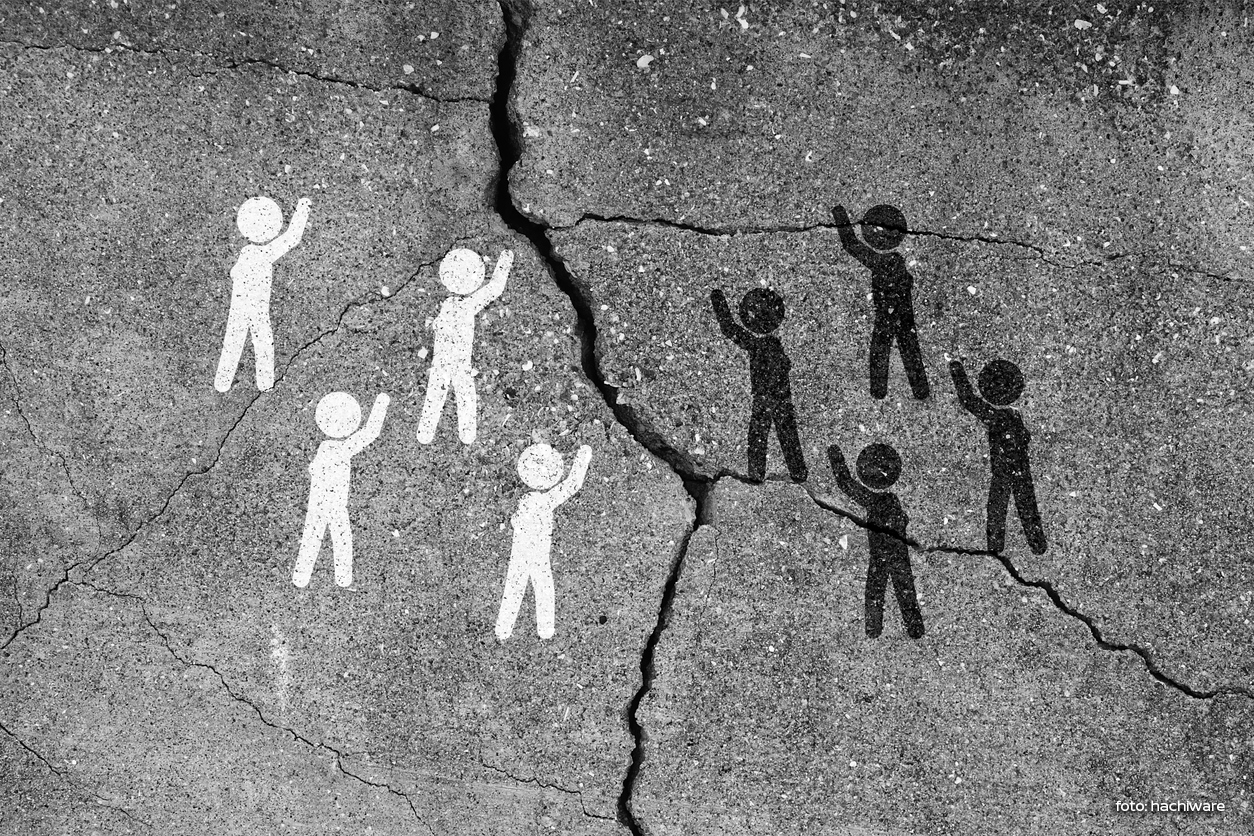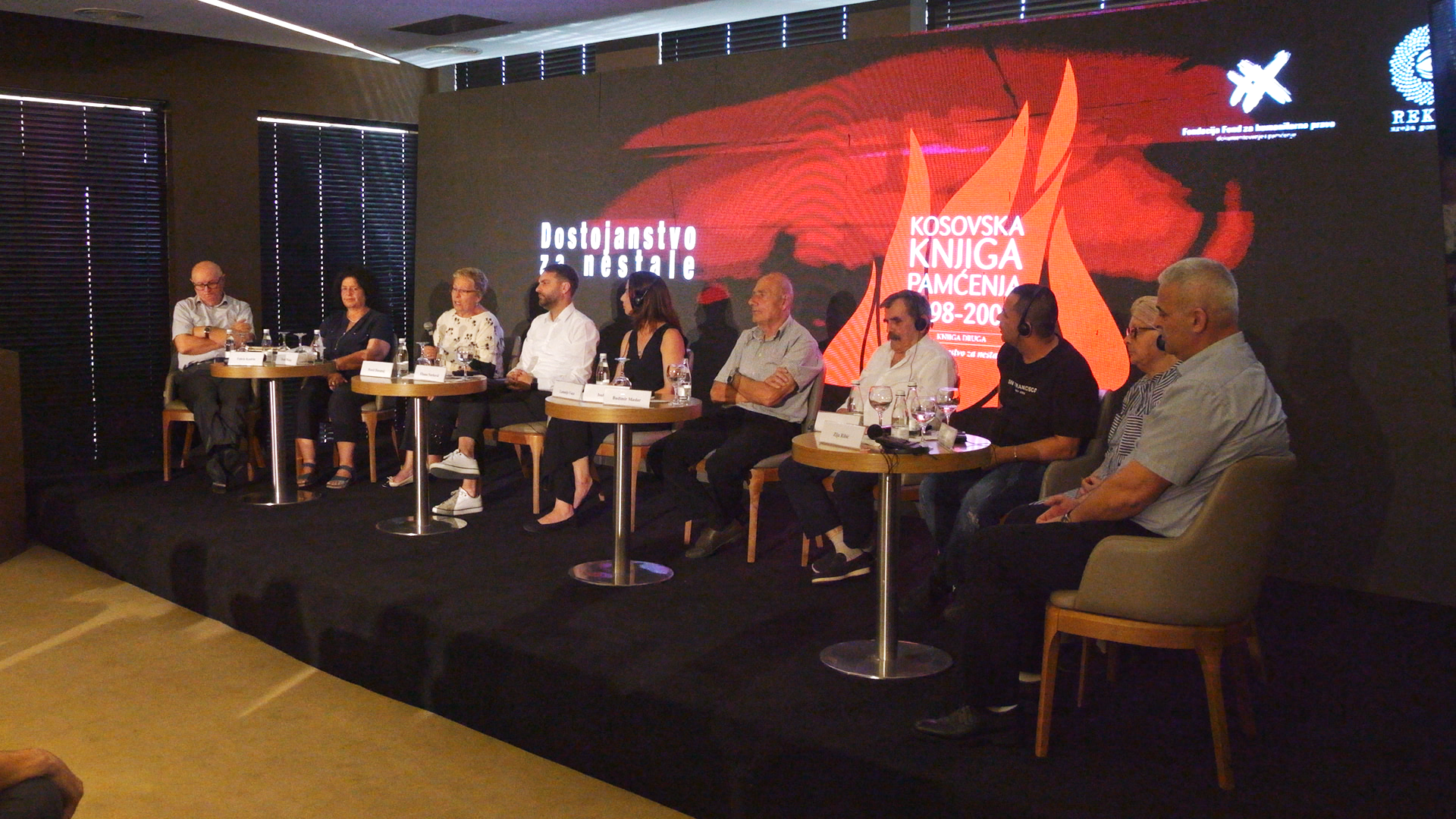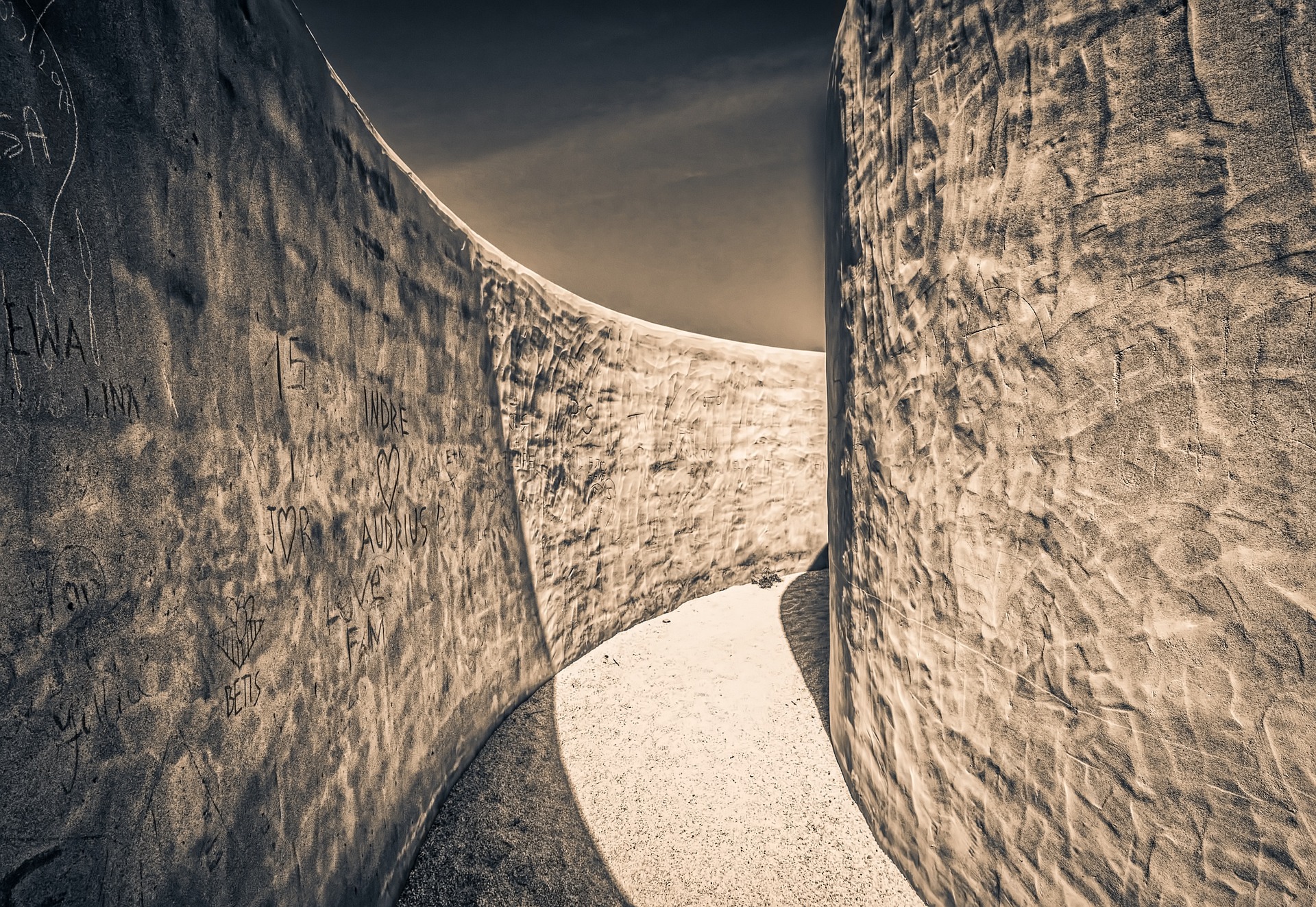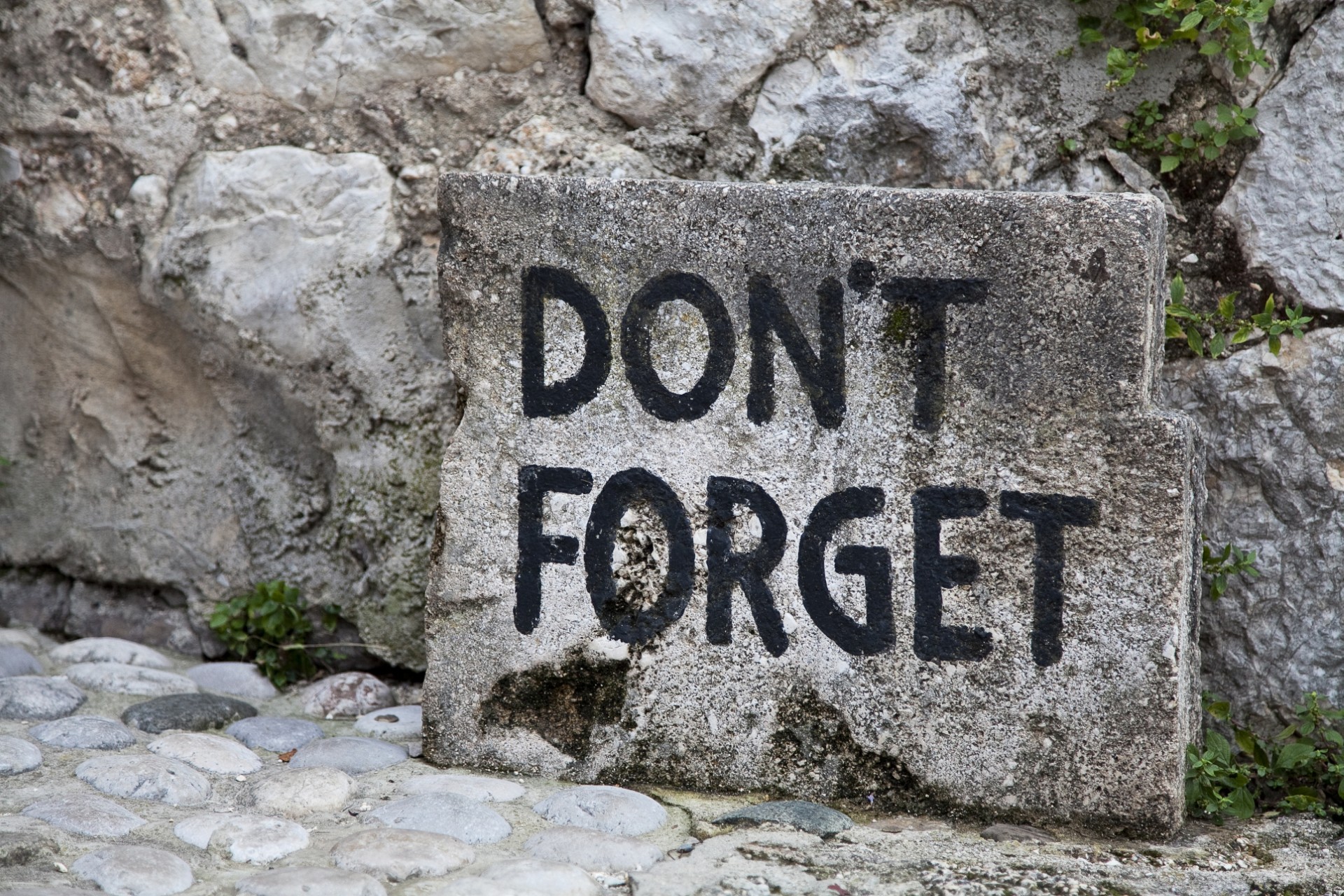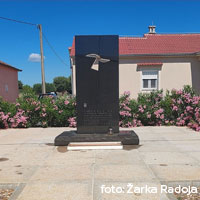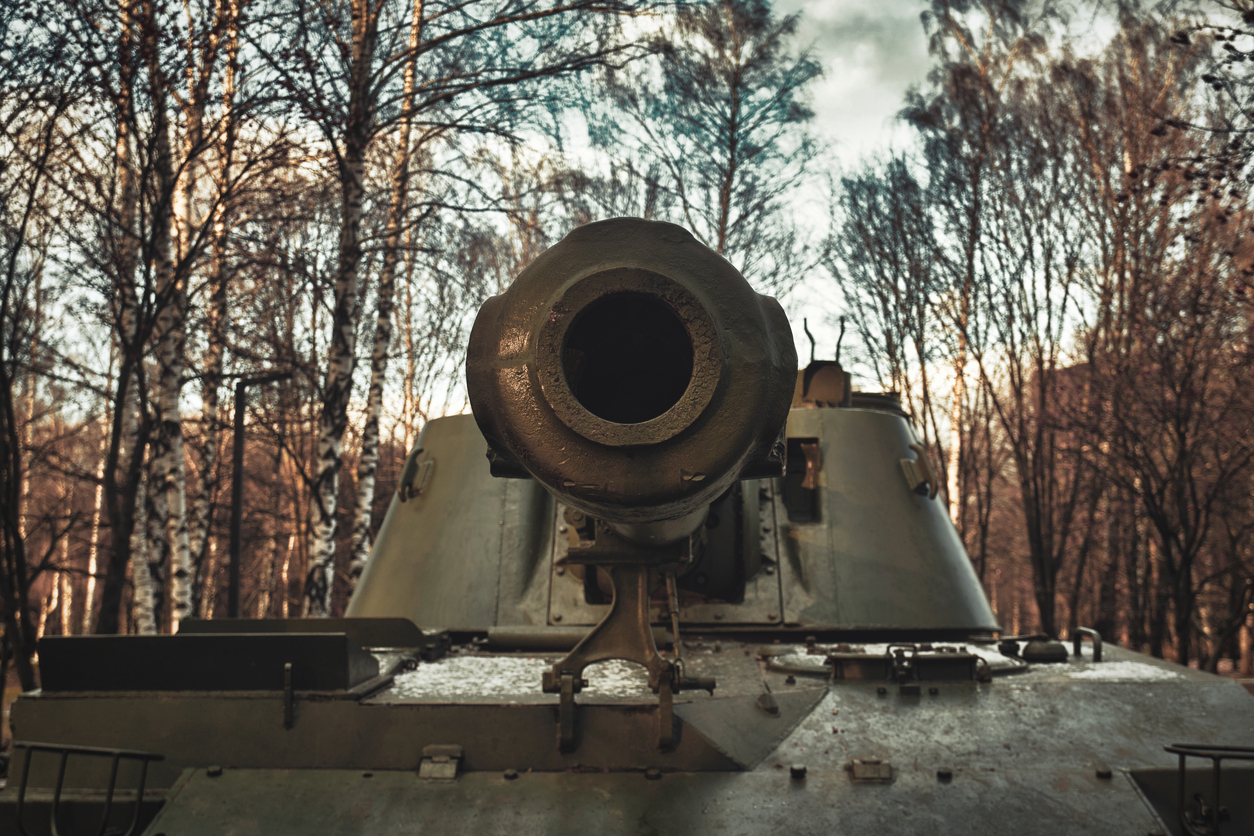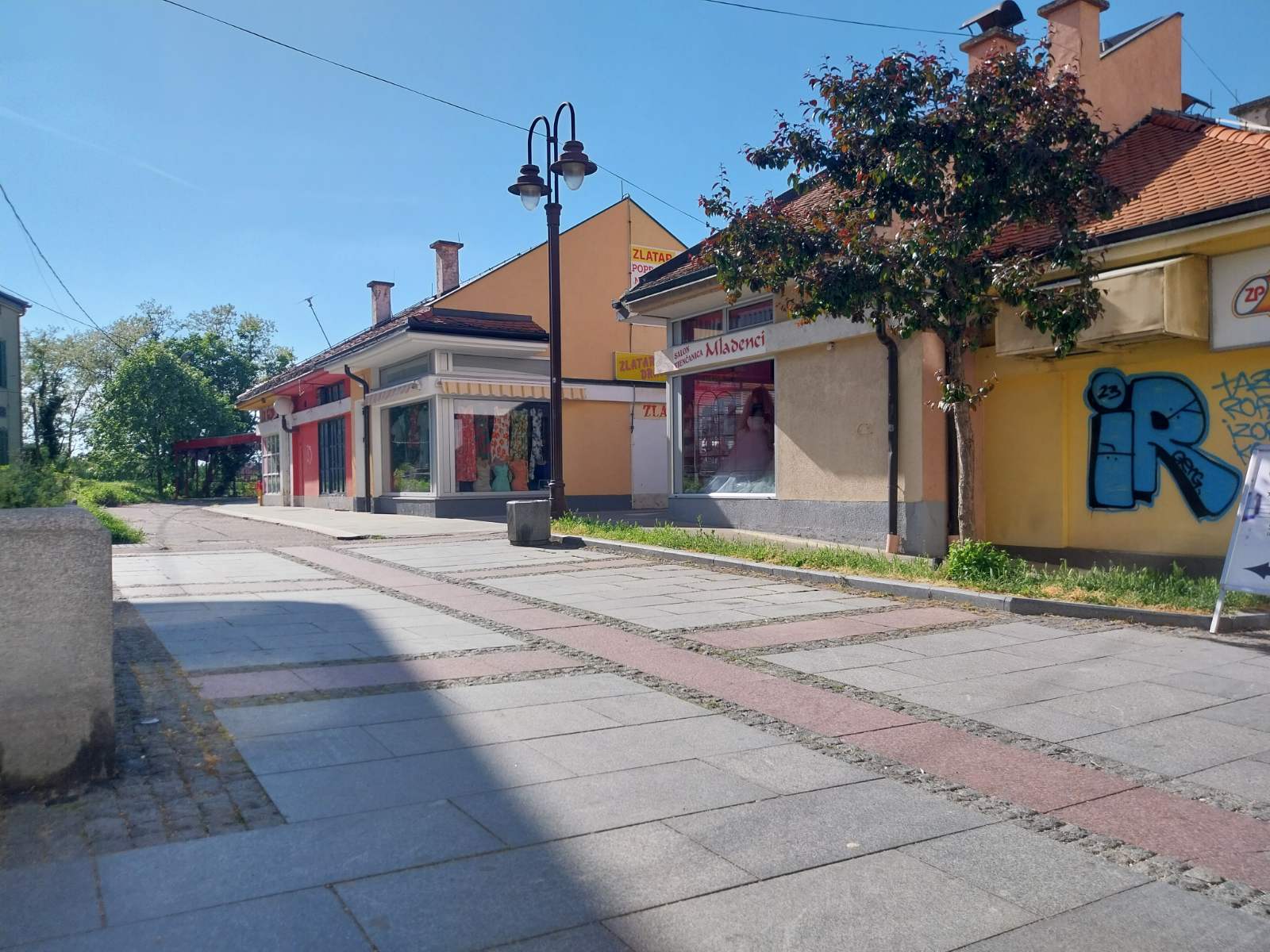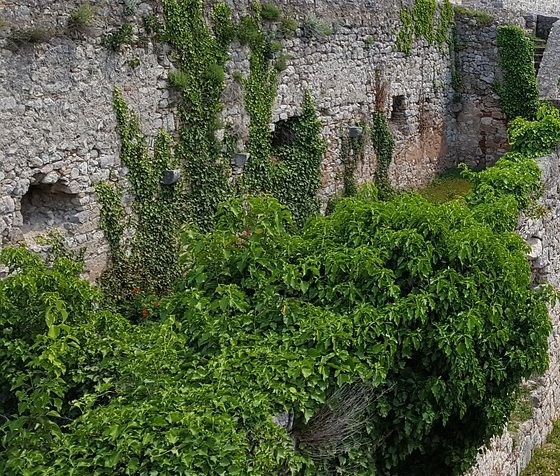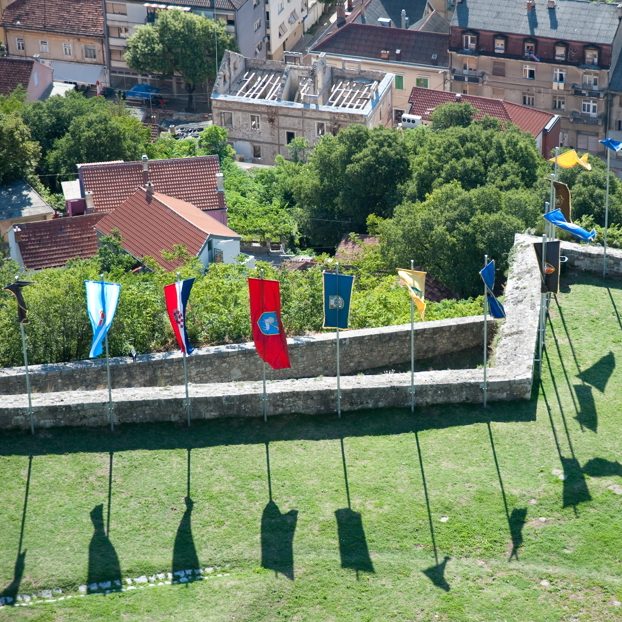By: Eva Hasel
The memory politics surrounding World War II in the Balkans, especially in Serbia and Croatia, have been deeply contentious since the breakup of Yugoslavia. Holocaust memorial sites such as Staro Sajmište in Serbia and Jasenovac in Croatia have thus become focal points in the struggle over historical narratives and national identity. This also includes the discourse regarding the Yugoslav Wars in the 1990s, during which those sites were used for war propaganda, their history was rewritten, and they consequently became even more symbolic. The process hasn’t stopped in the 90s – history is even increasingly being mined for present-day political agendas in Serbia and Croatia.
This was recently highlighted by a United Nations (UN) resolution addressing the 1995 Srebrenica genocide in Bosnia and Herzegovina[1]. The resolution is mainly focused on memorialization, declaring July 11 as the International Day of Remembrance. It also states that the UN condemns any denial of the genocide in Srebrenica and calls on member states to ensure the court-established facts are taught in their educational systems. Serbian political leaders have framed the UN resolution as an attempt to label Serbia as a “genocidal nation,” linking it to broader efforts by Western countries to undermine Serbia’s historical narrative. They quickly shifted the discourse to World War II, highlighting their own victimhood during the genocide of Serbs in wartime Croatia.
These developments brought new attention to the manipulation of the term “genocide,” particularly in Serbia and Croatia. As in many other cases around the world, “genocide” is more than a legal label in former Yugoslavia — it is a deeply politicized concept: the events of World War II and the Yugoslav Wars of the 1990s, particularly the Srebrenica massacre, have made the word “genocide” a flashpoint in the ongoing memory wars. Both Serbia and Croatia have used the term strategically for decades, either to emphasize their own victimhood or to downplay their roles as perpetrators. However, the resolution’s indirect influence on memory politics in both countries has been particularly notable in the way the Holocaust memorials Staro Sajmište and Jasenovac, which were sites of atrocities during the Holocaust and the Ustaša regime’s genocide, are being reframed. Two current examples show how those memorials are used as stages for memory politics – and how they can serve as “thermometers” for the political climate.
Serbia’s reframing of Holocaust history
Staro Sajmište was a German concentration and death camp in then-occupied Belgrade. Jewish and Roma women, children and elderly were murdered by the Gestapo. After their annihilation, civilians, political prisoners, and Partisans were imprisoned and killed in Staro Sajmište
From the erection of the first monument in 1995 up to the establishment of a state-sponsored memorial center in 2021, Serbian memory politics have continuously been working on establishing a connection from Staro Sajmište to Jasenovac. Jasenovac, located in modern-day Croatia, was the largest concentration and extermination camp operated by the Ustaša regime, a fascist puppet government installed by the Axis powers during WWII. The regime committed genocide against the Jews and Roma as well as the Serb population.
In Serbia’s narrative, Jasenovac has been framed as proof of Croatia’s genocidal tendencies, with the atrocities committed there often overshadowing other historical crimes, such as the Holocaust. This narrative serves two key purposes: it reinforces Serbia’s self-image as a historical victim, and it draws a direct line from World War II to the Yugoslav Wars of the 1990s. During the 1990s conflict, Serbian political leaders often used the memory of Ustaša crimes to justify their own aggressive policies, claiming they were protecting Serbs from another genocide at the hands of Croatians or Bosniaks. The horrors of Jasenovac provided a moral defense for Serbian actions during the wars, contributing to the overall narrative of “heroic victimhood.”
This narrative continues until today, using the history of the Holocaust and Sajmište as a cloak: a memorial plaque unveiled by Serbian President Aleksandar Vučić in 2022 claims that the Sajmište concentration camp had been part of the Jasenovac camp system, which is completely untrue. The Serbian government established a pseudo-historical connection that links the new memorial center of Staro Sajmište directly to Croatia, outsourcing the history of the Holocaust in several ways at once, removing it from current Serbian territory and possible historical complicity. Emphasizing the own victimhood – specifically of genocide – also serves as a kind of protective screen against accusations of perpetratorship.
The rewriting of Sajmište has gained even more traction since UN resolution was looming. This was evident in a speech that the Serbian minister Nikola Selaković gave in April 2024 at the Sajmište memorial[2], in which he positioned Serbia as the “protector of Holocaust memory”: “It is necessary that we understand the value of the freedom we live in today, it was not given to us but paid for with thousands of lives. By agreeing to respond to contemporary political pressures by kneeling, we would be denied freedom, the right to memory and our essence.” He uses the victims of the Holocaust as a moral pawn, who, according to his speech, paid with their lives for Serbian freedom, so to “kneel to pressures” would mean to dishonor them and their sacrifice. The “contemporary political pressures” are not defined, but Selaković is clearly hinting at the UN resolution. The speech tries to provoke the image of outside forces inhibiting Holocaust commemoration in Serbia and connects this “threat” to the commemoration the Srebrenica genocide, as if they would cancel each other out in a zero-sum game.
This David-against-Goliath narrative that positions Serbia as a heroic victim is at the core of Serbian memory politics. It seems that in a country that has historically rather neglected the history of the Holocaust, politicians have just discovered the symbolic power of Holocaust memory for contemporary political messaging.
Croatia’s Politics of Denial
In Croatia, right-wing nationalist groups have long sought to downplay the atrocities committed during World War II, often casting the Ustaša as defenders of Croatian independence rather than genocidal perpetrators. This has led to a reluctance to fully acknowledge the crimes at Jasenovac as genocide, particularly in relation to the persecution of Serbs. Instead, terms like “mass murder” or “state terror” are preferred, minimizing the severity of the crimes and avoiding the stigmatizing label of “genocide” – a recent case connected to Jasenovac[3] shows the ongoing intensification of this process:
In 2023, Croatia held the presidency of the International Holocaust Remembrance Association (IHRA). An exhibition planned by the U.S. Holocaust Memorial Museum sought to address the genocide of Jews, Roma, and Serbs in WWII Croatia. However, Croatian authorities resisted calling the persecution of Serbs “genocide,” opting instead for terms like “mass murder”, which led to the cancellation of the exhibition. Following this, the Croatian Ministry of Culture replaced Jasenovac’s memorial information boards, removing references to “genocide” and “Holocaust.” The boards were replaced despite protests from experts and NGOs, under the pretext of complying with “IHRA recommendations”.
In 2024, the director of the Jasenovac memorial, Ivo Pejaković, resigned after being pressured to remove so-called historical inaccuracies from the memorial’s website, particularly regarding the genocide of Serbs. While some corrections were justified, Pejaković’s resignation highlighted broader disagreements over how to interpret WWII events, particularly around the use of the term “genocide.” The Ministry announced plans to further “harmonize” the website content, raising concerns about deeper revisionist changes.
Competing Narratives and the Politics of Victimhood
The use or rejection of the term “genocide” in Serbian and Croatian memory politics underscores a broader struggle over victimhood and accountability. Both nations navigate — and wrestle with — what Noah Krasman refers to as “genocide’s status as the ‘crime of crimes’ and Holocaust memory as an international currency of state legitimacy.”[4] Genocide is widely perceived as the ultimate crime, shaping collective memory by establishing a stark division between “pure” victims and perpetrators. This distinction is particularly potent because genocide is associated not just with individuals, but with entire groups and identities. It is also uniquely tied to the state — one of the few crimes for which a nation can be held accountable.
However, this association also has the effect of marking entire states, nations, or ethnic groups as either perpetrators or victims, in contrast to other war crimes. Thus, in a region with a complex and contested history, accusing others of genocidal acts becomes a powerful and convenient tool, while rejecting one’s own culpability becomes equally tempting.
The memory of the Holocaust serves as an ideal framework for these dynamics, given its clear-cut status as a genocide that contemporary political agendas can easily appropriate. Moreover, Holocaust memory can be wielded to claim moral superiority, defend historical “truth,” and signal alignment with “Western” or “European” values. This might explain why, in response to growing political and nationalist pressures, Serbian and Croatian leaders have increasingly discovered their interest in shaping and institutionalizing Holocaust memory.
(photo: hachiware, iStock)
